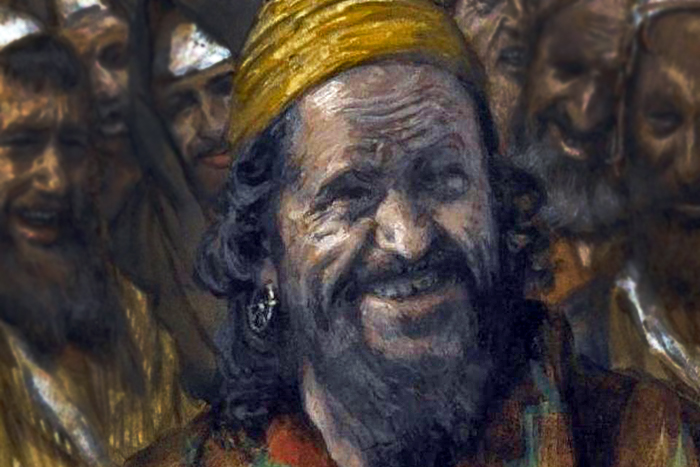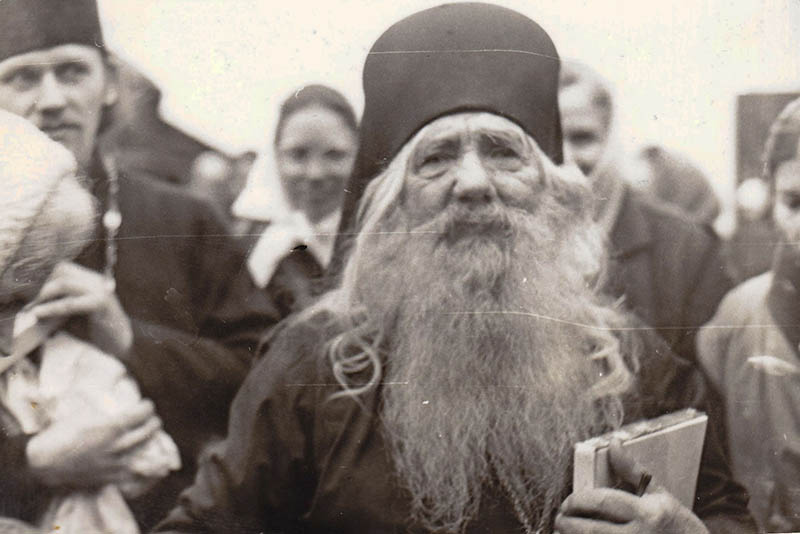
We are free to change our decisions for as long as we are alive, and God humbly awaits while we make our minds. One day it’s time to make our final choice. For many people who were near Christ in the days of His earthly life, this time came on the eve of His sufferings. Everyone had to decide whether they were with Christ or with Christ’s adversaries.
All four evangelists mention Barabbas, the famous criminal, whom Pilate had convicted for causing unrest and slaughter in the city (Luke 23:19), but pardoned at the people’s request on the eve of Passover. That is almost all we know about Barabbas. What kind of rebellion he instigated, whom he killed, how he lived after the unexpected amnesty – no information about it has been preserved. We can only assume that the rebellion was against the Romans: at that time, the Jews were extremely sensitive to Roman rule over their country.
However, there is one interesting detail preserved in the ancient manuscripts of the Gospel of Matthew. There, Barabbas had another name, and that name was… Jesus.
There were a lot of such manuscripts in the first half of the third century AD, according to the Christian teacher Origen who lived at that time. Although many scribes already started to mention only one name of the convict – Barabbas, and Origen agreed that there was a reason for that, “No villain should ever be called Jesus.” Especially since Jesus means “savior” in Hebrew.
What about Barabbas? This name literally means “son of a father” in Aramaic, which was spoken in Judea at the time. At first glance it doesn’t make sense: it’s clear that any man is the son of his father. It may be that the Gospel contrasts Barabbas with Jesus Christ, who did not have an earthly father, but only the Father in heaven!
So the people assembled in the square outside the Praetorium (the palace of Pontius Pilate) had to make a very serious choice. They had to choose between Jesus, who came into the world from God the Father to save people from sin and death, and another Jesus, who was born of a common man and promised the Jews salvation from foreign dominion.
The people chose Barabbas, and condemned Christ to death.
You can, of course, blame the high priests – they really did everything to persuade the crowd to make that choice. However, the crowds in the square rejected Pilate’s repeated attempts to let go of the true Savior all too stubbornly. They shouted too enthusiastically, “His blood be on us, and on our children” (Matthew 27:23).
Obviously, Barabbas himself had made his personal choice long before the Gospel events: he preferred the earthly kingdom over the heavenly one. The Gospel portrays him as a living symbol of the choice made by the people who considered themselves God-chosen. This nation needed a “savior” instead of the Savior…
And, of course, it’s not just the Israelites’ tragedy. Such a tragedy can happen to any people who have too much faith in their national superiority.
Yet there is something comforting about Barabbas for us. The sinner who should have died but was released because Christ died in his place, is the symbol that fits each of us. The only question is whether we realize what sacrifice was made for us, and whether we change our lives when we realize it.
Translated by The Catalogue of Good Deeds
Source: https://foma.ru/varavva-spasitel-izbrannyiy-narodom.html



